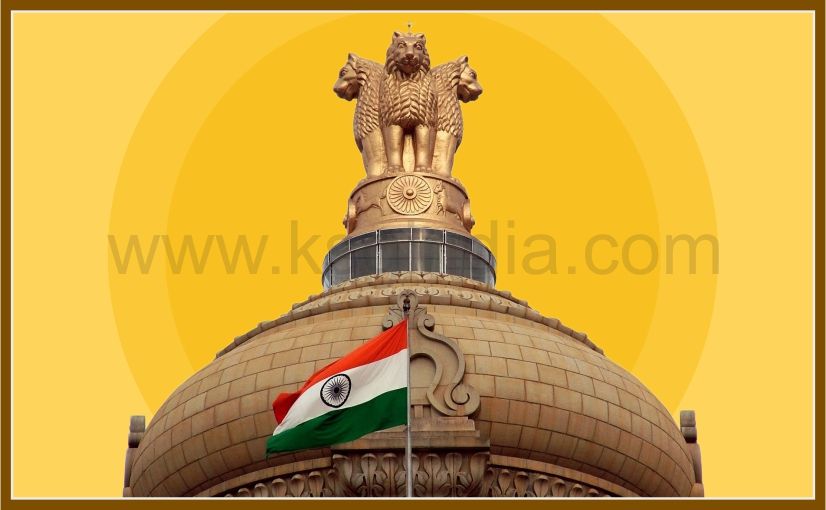Polity Syllabus and Strategy for UPSC Prelims
Polity is a crucial subject and an integral part of the UPSC civil services exam. Whether it is for the UPSC prelims or the mains examination, polity is a vital part of the syllabus. It is one subject from which many questions are asked every year.
Polity Syllabus and Strategy for UPSC Prelims
Polity is a crucial subject and an integral part of the UPSC civil services exam. Whether it is for the UPSC prelims or the mains examination, polity is a vital part of the syllabus. It is one subject from which many questions are asked every year. As we have seen that the Union Public Service Commission has changed the pattern and syllabus of the exam and as per the current trend more questions are application based and require analytical understanding. In spite of the changes in the overall UPSC Examination Pattern, the scope of Polity will be central. In this article, you will read about how to cover Polity syllabus and study well for the UPSC exam.
What is Polity?
The scheme or system of government is called polity. The subject Polity completely deals with the functioning of the government in the country. This gives an in-depth understanding of the executive, legislative, judicial systems and various constitutional authorities in the country.
Polity Syllabus for UPSC Preliminary Examination
The UPSC examination syllabus for Polity Prelims is given here:
- Political system
- Indian polity and governance- Constitution
- Rights Issues, Panchayati Raj Public Policy, etc. The syllabus for preliminary examination is concise.
How to Prepare Polity Syllabus for UPSC Prelims?
Polity is an imperative and essential topic for all three stages of the exam, Prelims, Mains, and Interview. To make the subject easy for you, here we provide some key mantras to crack the exam.
- Cover everything about the Constitution, individual’s rights, duties and responsibilities to structure, functions, powers, and responsibilities of various institutions of administration.
- Read all the related articles systematically and try to understand what every article is trying to say.
- Read as much as you can, as it will help you to remember things in a better way.
- Prepare short-notes with highlighted keywords/points and relate them to a current issue in a pragmatic way.
- Must ensure that you are preparing only to crack UPSC exam not to master over a topic. So, read the articles which are relevant to the syllabus only.
- Refer to the UPSC previous year papers and sample papers and start solving questions.
Polity Syllabus for UPSC Prelims Exam
Below you can find the comprehensive topics of UPSC Preliminary Polity Syllabus.
|
Topics |
Polity Syllabus |
|
Preamble |
|
|
Constitution of India |
|
|
Citizenship |
|
|
Fundamental Rights |
|
|
Fundamental Duties |
|
|
Directive Principles of State Policy |
|
|
Union |
|
|
Parliament |
|
|
Judiciary |
|
|
State Government- State Executive |
|
|
State Legislature |
|
|
Administration of Special Areas |
|
|
Emergency Provisions |
|
|
Panchayati raj and municipalities |
|
|
Constitutional Bodies |
|
|
Current Affairs |
|
Exam Preparations: Reference Source for Polity Syllabus
- Go for NCERT books (Class XI - Political Science: Indian Constitution at Work (New), Class XII - Political Science I: Contemporary World Politics (New), Class XII - Political Science II: Politics in India since Independence(New)).
- Read Newspapers like The Hindu, and Yojana and Kurukshetra Magazines.

